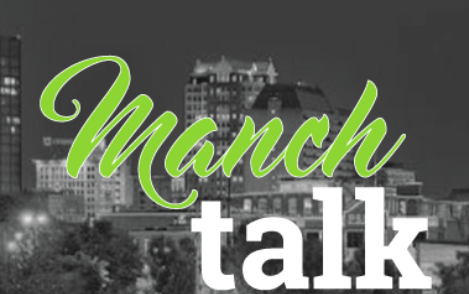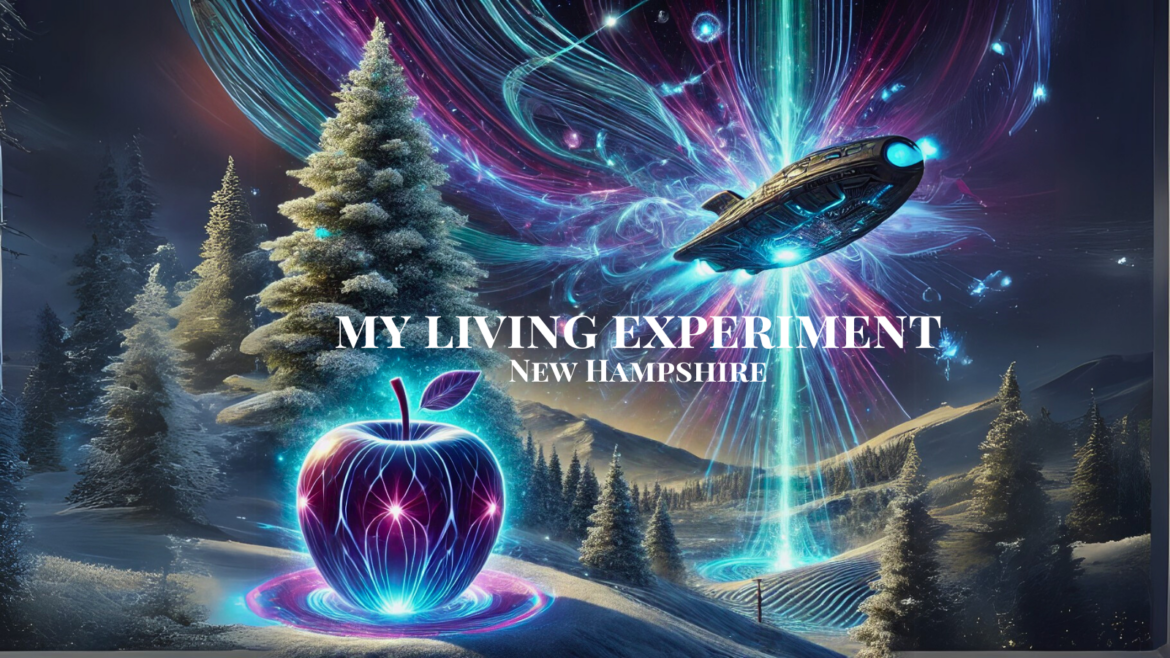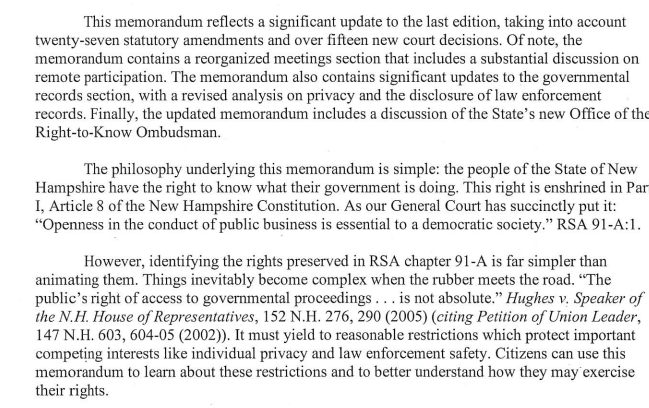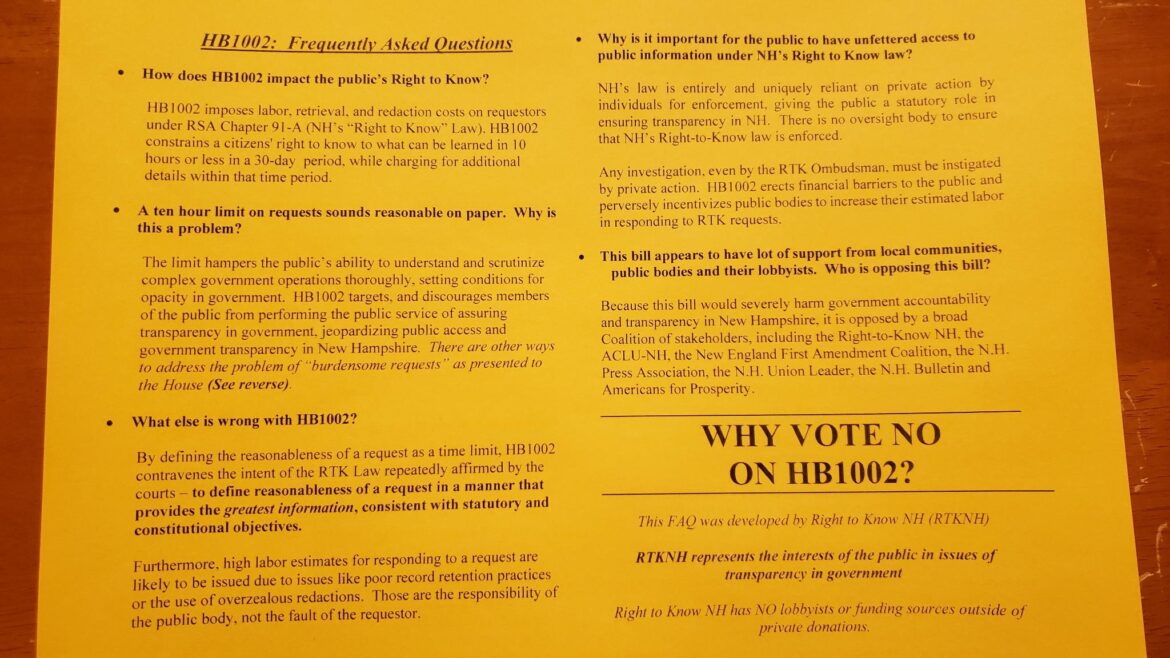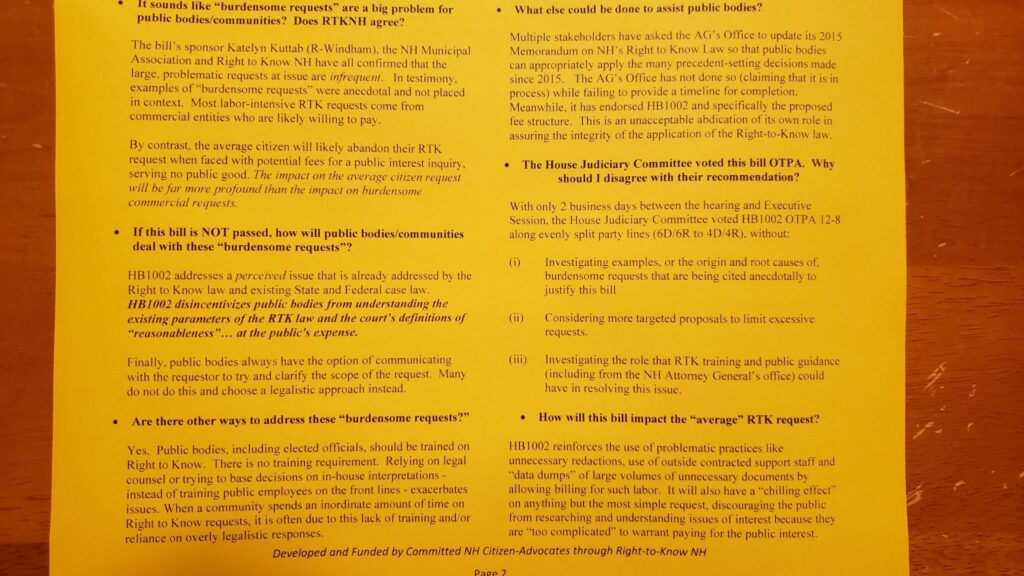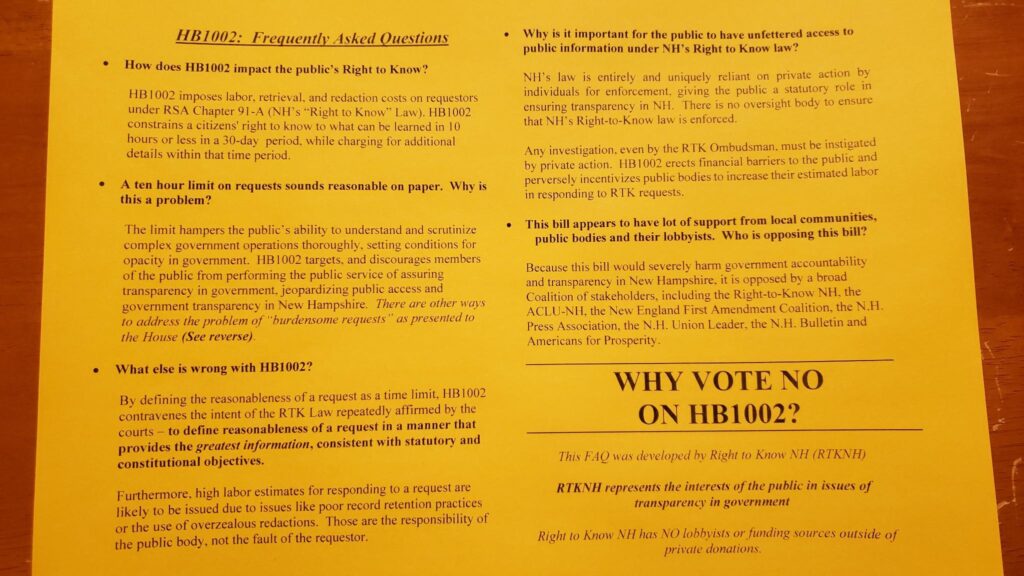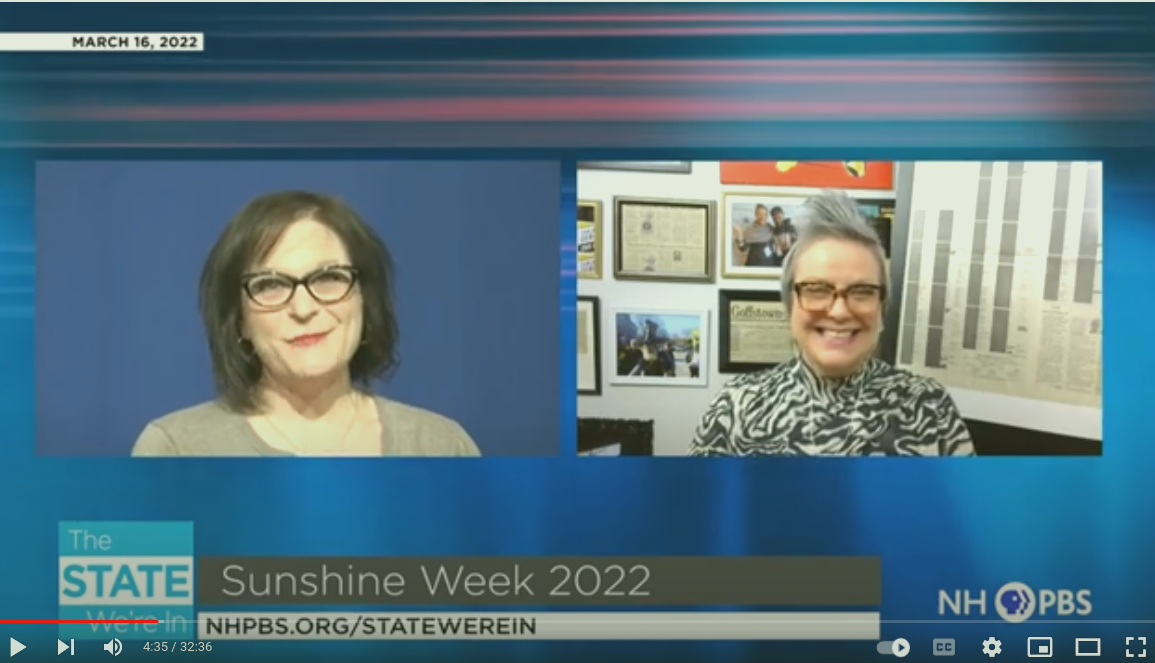Right-to-Know advocate and super-activist Laurie Ortolano joins me on this week’s episode of Manch Talk. We catch up on her open government cases, delve into some challenges with RTK, and more. Join us now!
Here is a clip about the inspection stickers:
